Cancel culture reaches a peak with war on ‘racist’ mountains
More than a thousand places and monuments may be renamed as America tries to wipe out offensive place names.
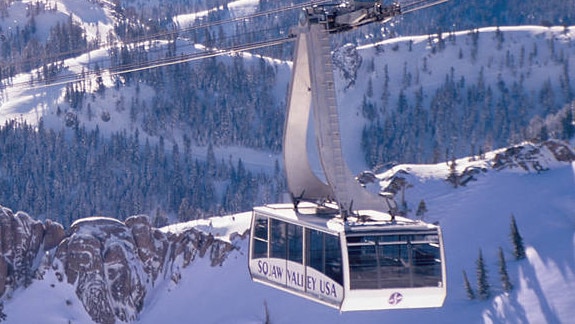
More than a thousand places and monuments may be renamed as America tries to wipe out offensive place names.
Racist and sexist place names are found throughout the US after white settlers took over land that had been occupied by indigenous peoples.
In Colorado, for example, a state board is considering proposals to rename at least 20 natural features, including Redskin Mountain and Negro Mesa. The state’s geographic naming advisory board has ruled that Chinaman Gulch should be Yan Sing Gulch, from the Cantonese words meaning “resilience”.
The state has changed Squaw Mountain, a pejorative term for a Native American woman, to Mestaa’ehehe Mountain, in honour of a 19th-century Cheyenne translator.
“Words mean ideas,” Randy Wheelock, a member of the Colorado county commissioners’ board told The Washington Post. “These new words that we learn will connect us to the real history.”
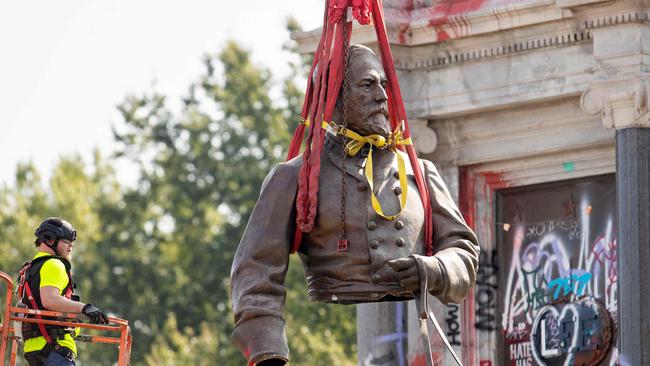
In California, an initiative has been announced to “redress discriminatory names” for state parks.
In June, 16 places in Texas were renamed to remove the word “negro”. Similar changes are planned in Nevada and Utah.
Deb Haaland, interior secretary and the first Native American to serve in the US cabinet, said last month that the word “squaw” was derogatory and ordered that it be removed from more than 650 names of federal sites. “Racist terms have no place in our vernacular or on our federal lands,” she said.
Changing place names can take years, especially in the face of opposition or when there is a debate over a new name. Ms Haaland hopes to accelerate the federal process but final approval rests with the US Board on Geographic Names, which was formed in 1890 to standardise maps across America.
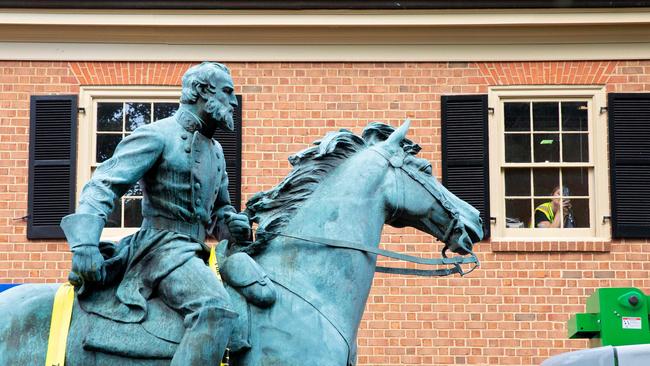
Jennifer Runyon, a researcher at the board, said that it had received 430 proposals in the year to October to change offensive names including Mulatto Run in Virginia, Sambo Creek in Pennsylvania and Dead Indian Mountain in Oregon.
“A lot of the names did override a name given by a tribal group,” she said. “They had names for those places.”
There are rules that have come into force over the years. The n-word is banned, as are pejorative references to Japanese people. Squaw is the latest term added to the banned list.
Some critics see the ban as an example of “cancel culture”, similar to the removal of Confederate statues.
Last year, a referendum was held in Mississippi on the design of the state flag, replacing one that included the Confederate battle flag. Almost three quarters of voters approved the new design, although they were not given the chance to vote to keep their old flag.
The Times

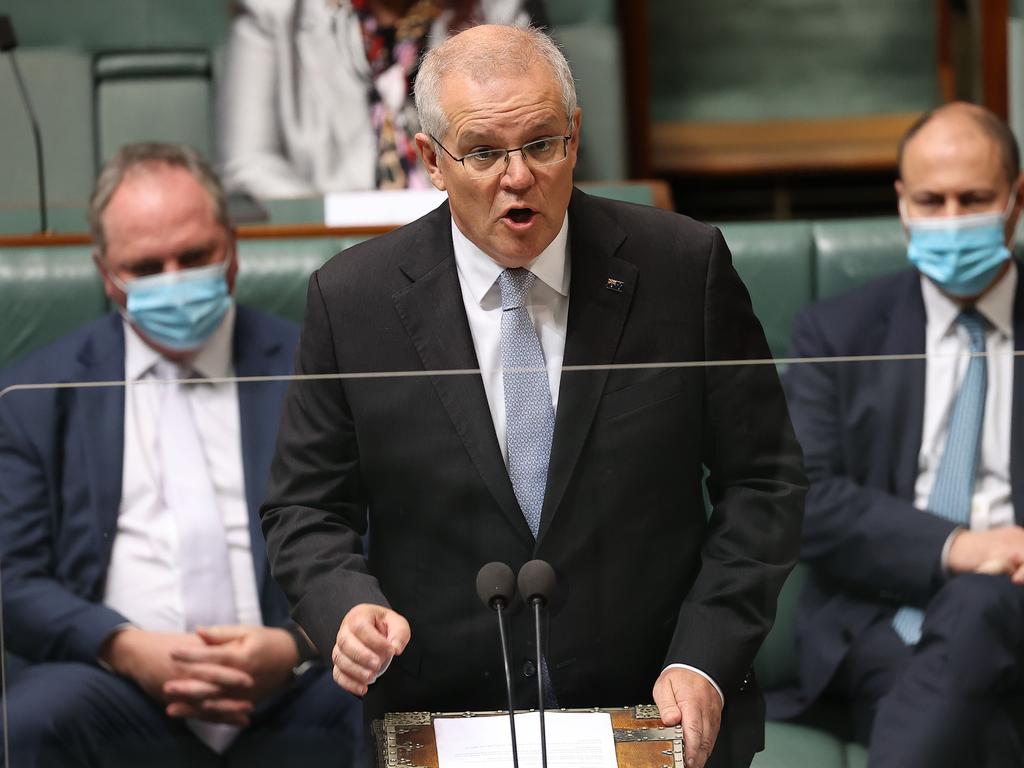
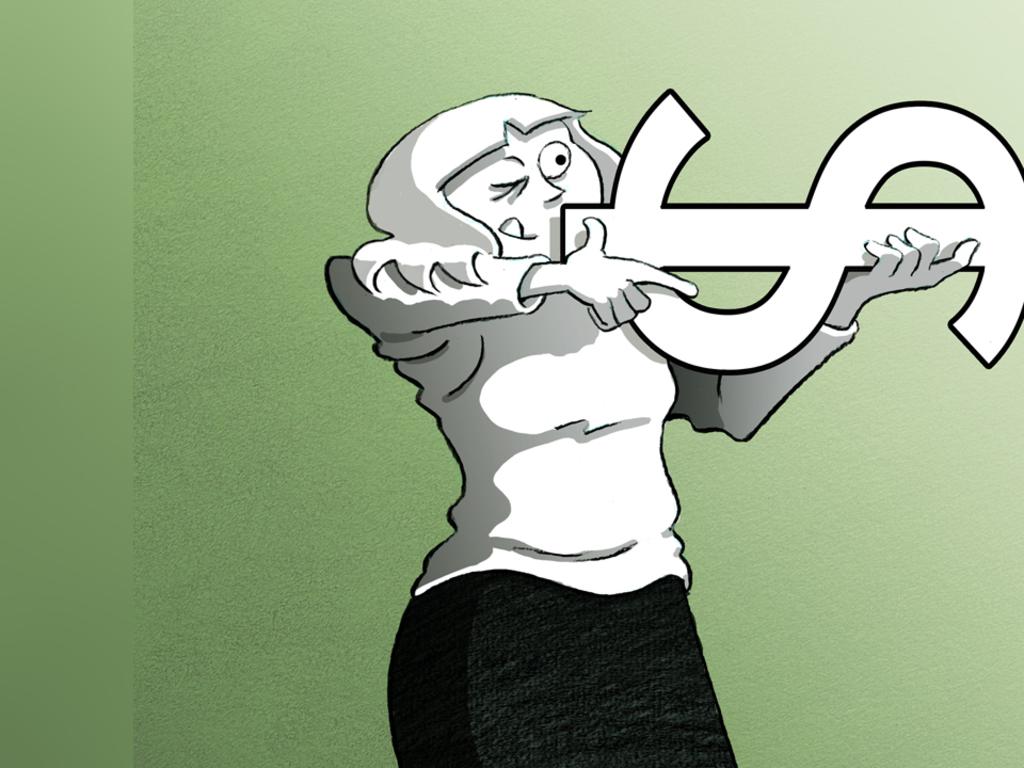
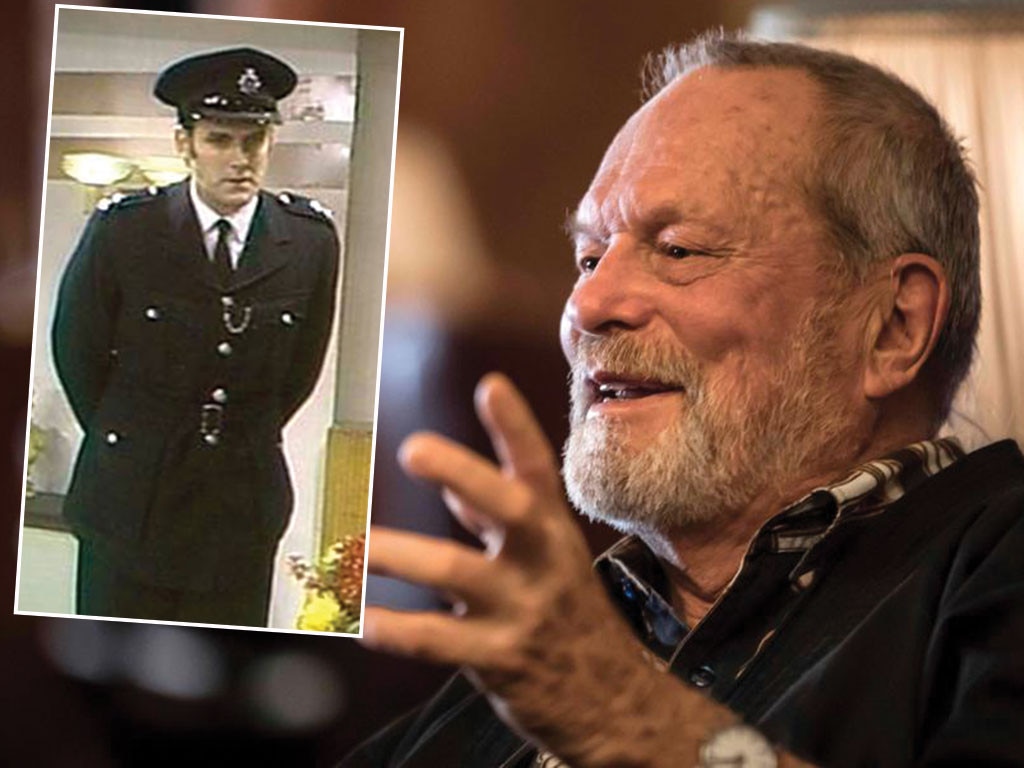
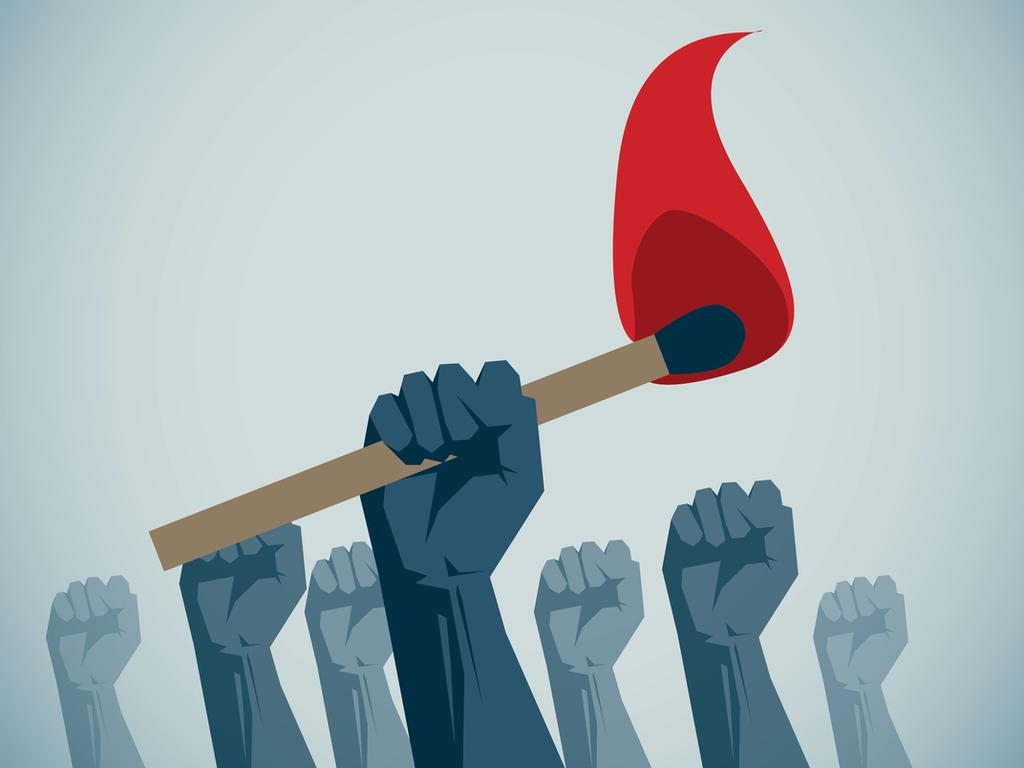


To join the conversation, please log in. Don't have an account? Register
Join the conversation, you are commenting as Logout